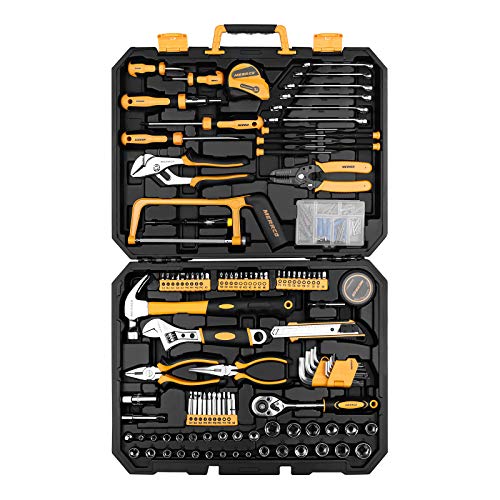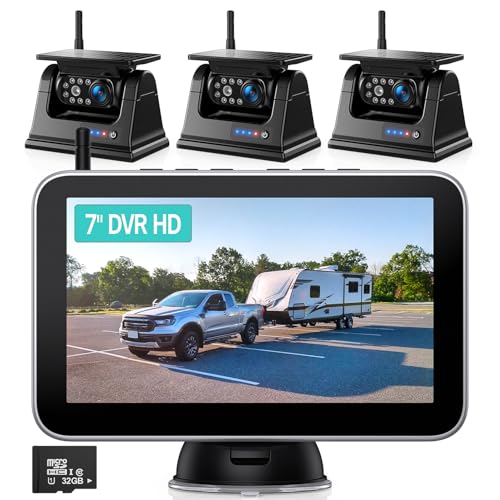speedhighway46 said:
Okay, here is the legal basis of what I am saying . . .
Based upon the Michigan Vehicle Code; Act 300 of 1949; (the current law)
Section 257.7a: A commercial motor vehicle is one having a GCWR of 26,001 pounds.
A COMMERCIAL MOTOR VEHICLE DOES NOT INCLUDE A VEHICLE USED EXCLUSIVELY TO TRANSPORT PERSONAL POSSESSIONS OR FAMILY MEMBERS FOR NONBUSINESS PURPOSES. (caps are mine)
Section 257.312e: Commercial Driver's License designations, qualifications, etc.
Paragraph (13): THIS SECTION DOES NOT APPLY TO A PERSON OPERATING A VEHICLE USED EXCLUSIVELY TO TRANSPORT PERSONAL POSSESSIONS OR FAMILY MEMBERS FOR NONBUSINESS PURPOSES. (caps are mine)
Therefore, and as I have said previously, in order for a vehicle to be legally considered a "commercial vehicle" it must be in commercial service.
The vehicle does not determine if it is a "commercial vehicle." The use and application determines if it is a "commercial vehicle."
So go out and buy a brand new Peterbilt and enjoy it as a private vehicle all you want as LONG AS YOU ARE NOT IN COMMERCIAL SERVICE. ITS A PRIVATE VEHICLE.
So there you go; don't make it more complicated than it is . . .
Michigan laws do not apply in interstate commerce. And you are assuming they do.
Weigh stations (the original topic) are mostly used when crossing from one state to another. So interstate, and federal laws, apply.
In US 49 CFR, part 390.5, the weight to
begin classifying a vehicle as a CMV (commercial motor vehicle), is 10,001 pounds.
But, as I have said, IF you get the truck registered as an RV, Housecar, Private Truck, or Motorhome (whatever your state calls it) in your home state, then it becomes a non-commercial vehicle. Here is a website to help with that:
http://hhrvresource.com/node/45
If you bought a NEW truck tractor then the process is probably a lot simpler. But it if was
previously commercially registered, and in my example you bought it at an auction, then it remains a commercial vehicle UNTIL you get it registered as a private, non-commercial RV, Motorhome, whatever.
If it was
originally registered as a commercial vehicle in commercial service, it
remains a commercial vehicle until that is changed, and all state and federal laws will apply.
It really IS that simple.










































































